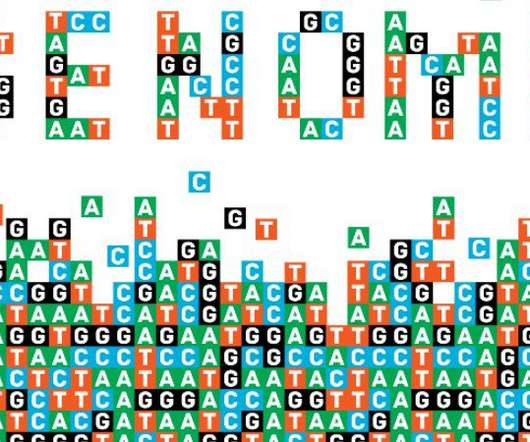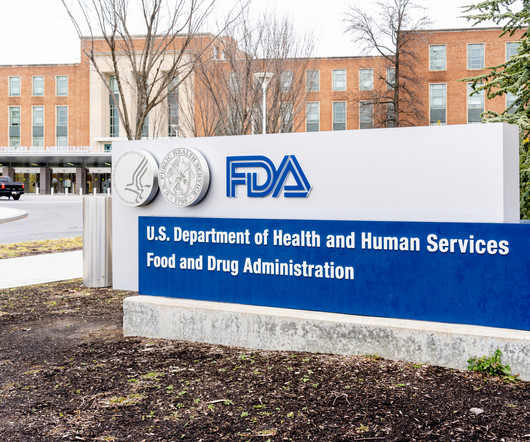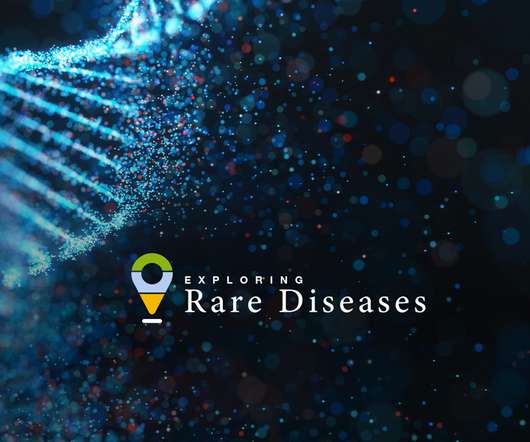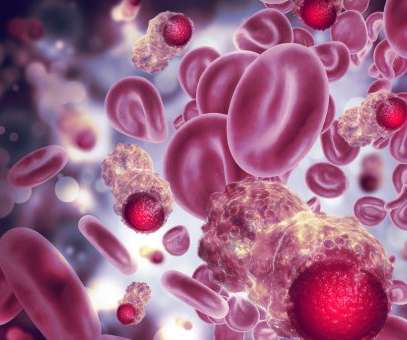Personalising whole genome sequencing doubles diagnosis of rare diseases
Drug Discovery World
NOVEMBER 7, 2022
In 2018, the UK’s department of health announced an NHS Genomic Medicine Service, which allows patients with rare diseases to have their entire genetic code read in the hope of providing a much-needed diagnosis. Consequently, the UK has established itself at the forefront of diagnostic whole genome sequencing. The study .


















Let's personalize your content